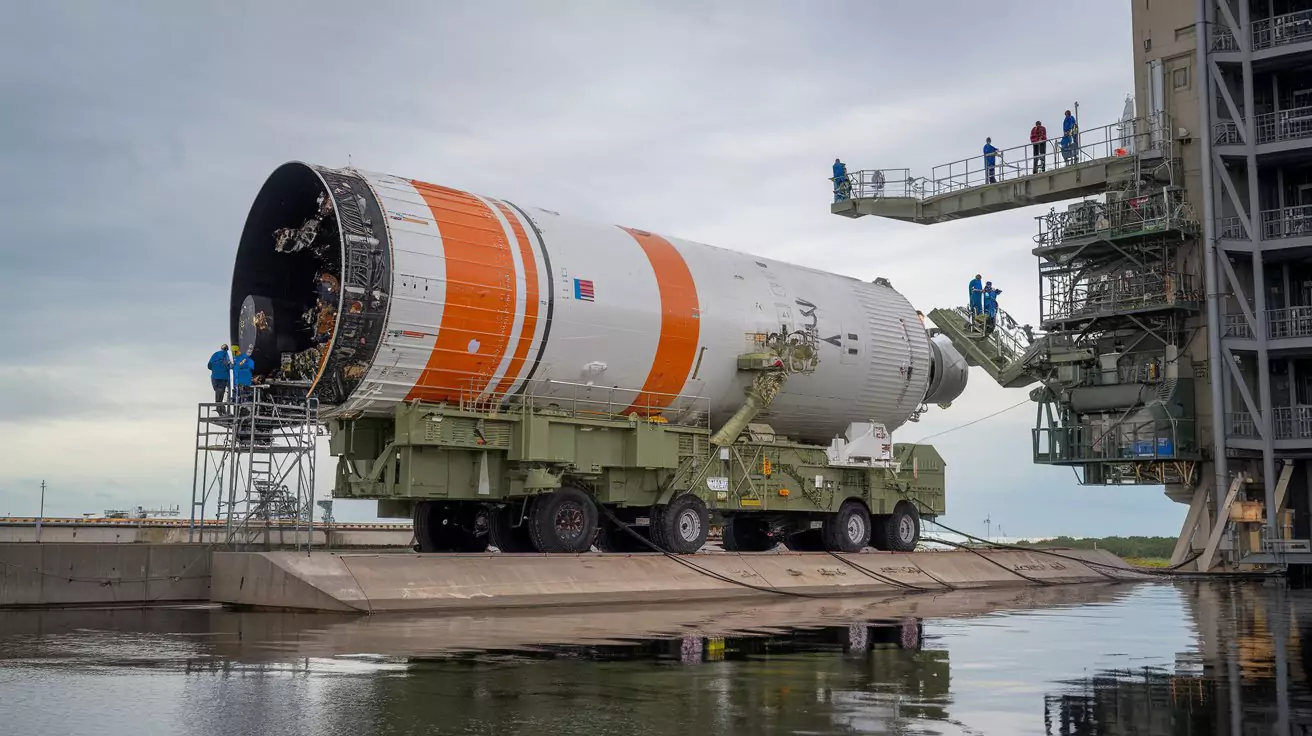AI Impact Analysis on the Satellite Launch Vehicle Industry
Artificial intelligence is poised to be a transformative force in the satellite launch vehicle (SLV) industry, bringing significant changes to vehicle design, mission management, cost reduction, and operational efficiency. With the global satellite launch market booming, driven by increasing demand for small satellites, constellations, and commercial space operations, AI is emerging as a key enabler for optimizing launch processes, improving vehicle reliability, and enhancing mission success rates.
At the core of AI's impact is the optimization of launch vehicle design and manufacturing. AI and machine learning algorithms are being applied to the complex design processes, enabling faster simulations, more efficient testing, and optimal material selection. AI can automate routine design tasks, allowing engineers to focus on innovative elements while ensuring that safety standards and performance specifications are met. For example, AI-driven generative design tools can propose innovative structures for rocket components that are both lightweight and strong, reducing manufacturing time and cost while enhancing vehicle performance.

In mission planning and execution, AI enables smarter scheduling, resource allocation, and real-time adjustments. AI-powered software can predict and analyze various factors that affect launch windows, such as weather patterns, atmospheric conditions, and orbital mechanics. By assessing vast amounts of data in real time, AI can help mission planners make precise decisions about the best timing and launch trajectory, reducing the risk of delays and increasing the chances of mission success. Moreover, AI systems can autonomously manage the coordination between different components of the launch process, from the ground systems to the payload integration, optimizing workflows and minimizing human errors.
Request AI Impact Analysis on Satellite Launch Vehicle Industry @ https://www.marketsandmarkets.com/pdfdownloadNew.asp?id=115959224
AI is also enhancing autonomous vehicle operations during launches. Launch vehicles can leverage AI systems to monitor the health of onboard components, perform predictive maintenance, and adjust flight trajectories in response to unexpected events such as aerodynamic anomalies or system malfunctions. AI can help identify and mitigate potential failures before they affect mission outcomes, improving the reliability and safety of launch vehicles. Additionally, AI can assist in post-launch vehicle health assessments, ensuring that any issues detected during flight are promptly addressed to enhance future performance.
The integration of AI in space traffic management and orbital operations is another critical aspect of the launch vehicle industry. With the growing number of satellites being deployed, space traffic management becomes essential to avoid collisions, optimize launch sequences, and ensure that vehicles reach their designated orbits. AI-powered systems can track thousands of objects in orbit, predict potential collisions, and adjust satellite trajectories autonomously. Launch vehicles themselves can be equipped with AI algorithms to optimize their paths through crowded orbital environments, ensuring that they achieve the desired orbit while avoiding potential hazards.
AI also has the potential to significantly reduce launch costs. By automating aspects of design, testing, flight optimization, and vehicle operations, AI can cut down on the time, labor, and resources required for each launch. This is particularly important as the satellite industry moves towards a rideshare model, where multiple payloads from different customers are launched aboard a single vehicle. AI enables the optimization of payload integration, allowing for more efficient use of available space on launch vehicles, while also ensuring that all payloads are deployed to their correct orbits.
Another crucial aspect where AI is having an impact is reusable launch vehicles. Companies like SpaceX and Blue Origin are pioneering reusable rockets, and AI is a key factor in their success. AI-driven systems help launch vehicles perform controlled landings by analyzing real-time data from sensors and making adjustments to flight paths and landing techniques. These autonomous capabilities reduce the need for human intervention and contribute to the cost-effectiveness of reusable vehicles by improving landing precision and operational efficiency.
Market Trends and Future Outlook: The integration of AI in the satellite launch vehicle industry is becoming increasingly critical as commercial space activities expand. AI is expected to play an even more prominent role as small satellite constellations, low Earth orbit (LEO) operations, and interplanetary missions gain momentum. The global satellite launch market is projected to experience significant growth over the next decade, driven by advances in AI, reusable technologies, and the rising demand for low-cost, high-frequency launches. As more private companies enter the launch services sector, AI will be a key differentiator in terms of efficiency, safety, and cost competitiveness.
Additionally, AI will facilitate collaborative space missions where multiple launch vehicles and satellites are coordinated to perform shared tasks. For instance, AI can manage the coordination of various launch vehicles, space-based assets, and in-orbit systems for complex missions such as space exploration or space debris management. AI will help streamline operations, reduce human oversight, and ensure that multiple assets are operating in concert to achieve mission objectives.
In the coming years, AI will also aid in space exploration missions. For instance, as rockets venture beyond Earth orbit, AI will be used for autonomous navigation and decision-making, especially in deep space missions where communication delays require on-board intelligence. AI-driven launch systems will adapt to new environments, plan complex interplanetary trajectories, and optimize launch processes for deep space missions, further driving the commercial and scientific potential of space exploration.
Related Report :
X
GET A FREE SAMPLE
This FREE sample includes market data points, ranging from trend analyses to market estimates & forecasts. See for yourself.
SEND ME A FREE SAMPLE





